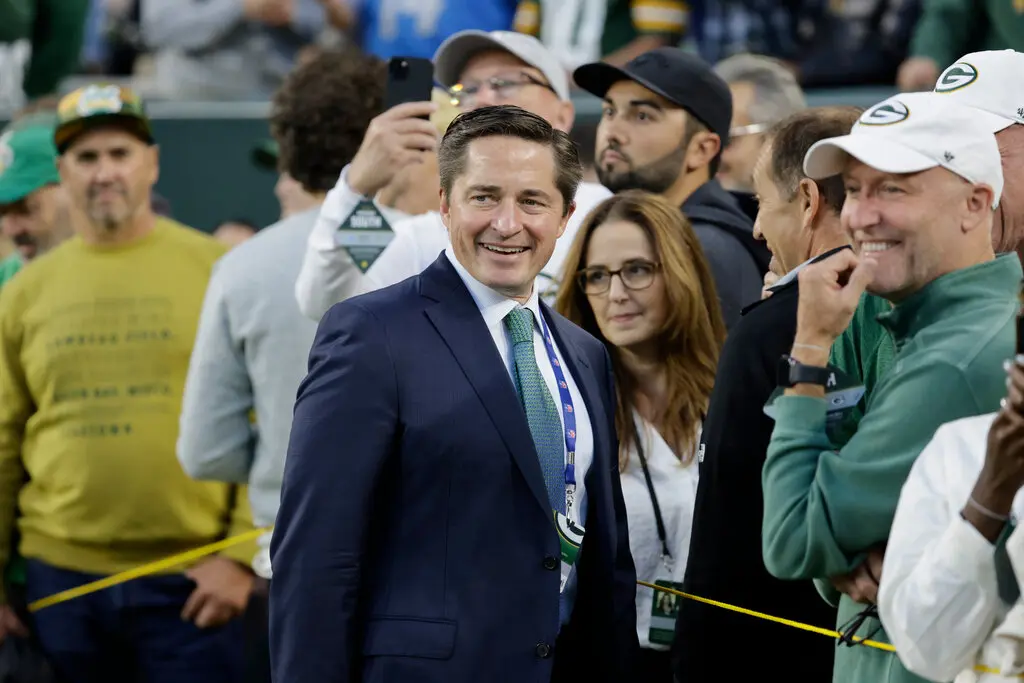
Running the Packers Is Complicated. A Sense of Humor Helps.
On a sunny summer day two years ago, Mark Murphy hosted one of the most unusual events in corporate America: the Green Bay Packers’ annual meeting. Thousands of the team’s shareholders almost all of them fans who had paid hundreds of dollars for nearly worthless shares filled Lambeau Field and listened to Murphy, the team’s president and chief executive officer, provide updates on the state of the franchise.
Murphy is the antithesis of corporate slick. He speaks bluntly, eschews jargon and disarms critics with a dry sense of humor. One of the many topics he covered that day was the coming season’s schedule. He said the Packers would play the most games in prime time of any team, a sign of their success and popularity. Then he addressed a frequent complaint from fans who said night games at an open-air stadium in Wisconsin were too cold.
“I often hear from fans that, gosh, it would be great if we had more noon home games,” he said. “Well, here’s the reality. If we have a lot of noon home games,” we’re a terrible team. Murphy substituted an expletive for “terrible.” On Monday, Murphy will preside over his 17th and final shareholder meeting. Next year, he will hit the Packers’ mandatory chief executive retirement age of 70 and must step down. Ed Policy, the team’s chief operating officer and general counsel, was chosen last month as his successor and will take over next July.
As the leader of the only publicly owned, nonprofit professional sports team, he represents the Packers at N.F.L. meetings, where his vote counts the same as owners who paid 10 figures for their clubs. Unlike them, he flies commercial and doesn’t report to family members or limited partners, but to a board of directors and 539,000 shareholders whose stock pays no dividends and can’t be traded.
The chief executive is also the titular caretaker of an original N.F.L. franchise and a globally recognized brand that doubles as a civic institution in Wisconsin.
Policy, whose father, Carmen, was a longtime executive with the San Francisco 49ers and the Cleveland Browns, has plenty of N.F.L. experience. But fully replacing Murphy will be difficult. Murphy has a law degree and an M.B.A., and before joining the Packers in 2007, he played eight seasons as a defensive back in the N.F.L. and won a Super Bowl with Washington, tried cases for the Department of Justice and worked as a college athletic director at Colgate and Northwestern.
Leave a Reply